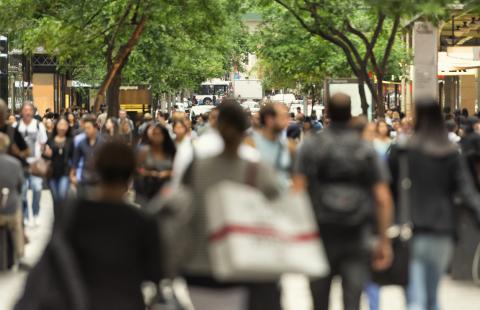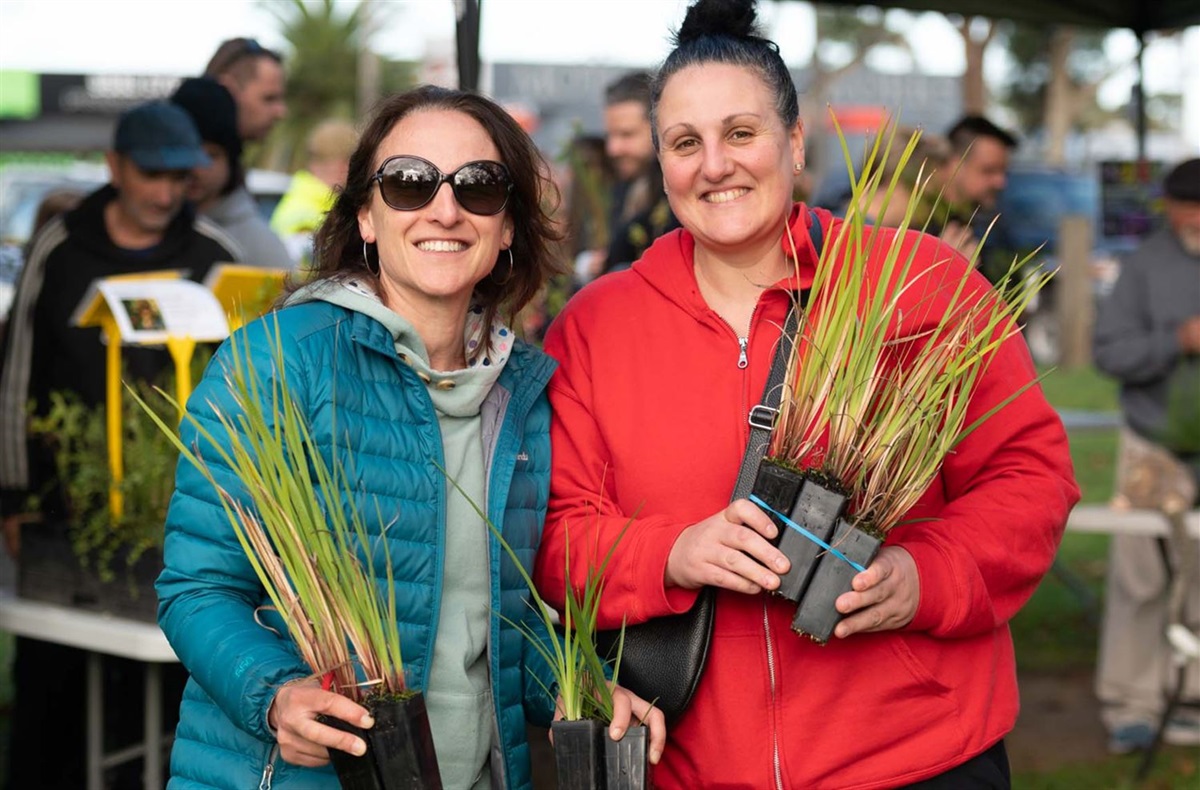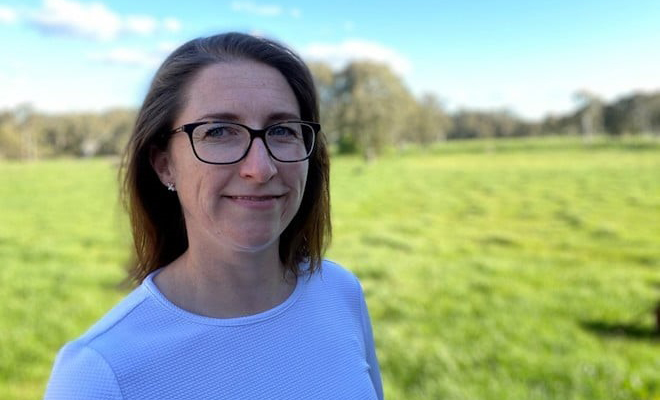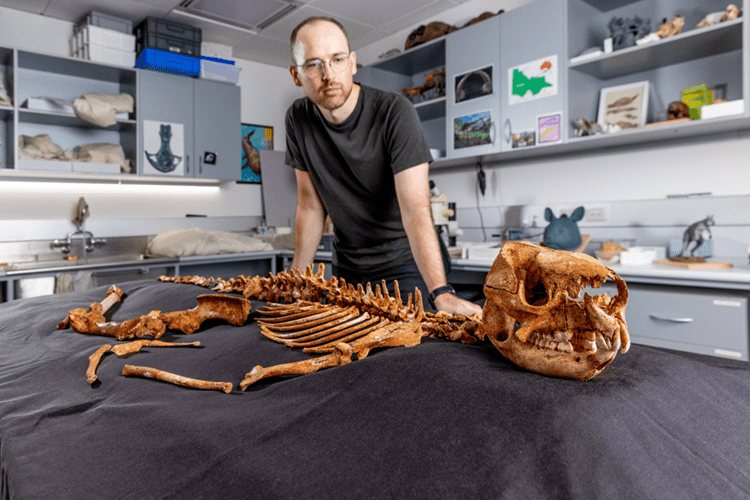It is a special honour to address you today, on the eve of the end of my term as UN High Commissioner for Human Rights.
Thank you for inviting me and for your well wishes and kind words of support – they have touched me deeply. My engagements with all of you have been critical – and while at many times they have also been challenging, I hope they have helped to move us all in the direction of improving people’s lives.
My time in office has been marked by significant, interconnected world events. The COVID-19 pandemic; the rapidly mounting consequences of pollution, climate change and biodiversity loss; deterioration of the security situation in a number of countries; and the global economic uncertainty and rising food and fuel prices, exacerbated by the Ukraine crisis.
Significant protest movements across the globe demanded an end to structural racism, to corruption and abuse of power, and called for respect for economic and social rights. In many instances they were accompanied by violence and threats against protesters and human rights defenders, and at some times against journalists. While some led to real change, in other cases, governments responded by shrinking the space for debate and dissent.
Within this context, I would like to acknowledge the Human Rights Council’s role as a fundamental piece of the multilateral system at a time of intense polarisation – as it has managed to ensure business continuity in the midst of these crises, avoiding a critical protection gap.
It reacted, and quite promptly, to emerging situations, probably more so and more quickly than a few years ago, particularly to certain country situations where the action of the Security Council had not been robust. And while I certainly cannot list all of its activities, the Council established what are today 12 accountability mechanisms and held crucial urgent debates. The adoption of the resolution recognising the human right to a clean, healthy, and sustainable environment was a seminal achievement. We witnessed the participation of all countries in the UPR with an average of 100 States making some 230 recommendations to each State under review. The third UPR cycle also saw an increase in the role of Parliaments, NHRIs and NGOs throughout the various phases of the UPR.
These events all represent the galvanizing potential of the Council, as a multilateral platform where the efforts of member States, civil society and national human rights institutions combine to strengthen human rights promotion and protection.
Nevertheless, it is no secret that the conflict in Ukraine has also increased polarization and tensions. And while frictions are certainly to be expected, the Council should remain a space for sound and constructive debate in order to achieve the common aim to improve people’s lives.
I also thank you for the confidence placed in my Office’s work and expertise, which you draw on to deliver the growing number of mandates given to the Office. But as always, the resources to meet these needs deserve strengthening, and I hope this will be given due consideration.
Excellencies,
In this challenging environment, I am convinced that continued engagement is the best chance we have to forge sustainable, equitable and peaceful societies.
Coming together, debating, listening and reaching a common agreement – by drawing on our diplomatic toolbox is more important than ever before – to address the most pressing issues that affect us all.
Constructive engagement requires that we listen to the concerns of all states and to engage on all human rights, civil, economic, social and political.
It implies adopting greater efforts on all sides to recognize internal weaknesses and efforts and make space for cross-regional agreements.
It requires paying equal attention to human rights violations wherever they occur, aware that their magnitude may vary considerably from one situation to the other.
And – most crucially – it helps generate the political will that is fundamental for progress on human rights to occur and to sustain in time.
Dialogue doesn’t mean condoning or overlooking human rights violations. It means understanding context, identifying the opportunities and the roadblocks, and trying to build trust – incrementally – even when it seems unlikely.
While context is indeed important – it must never be used to justify human rights violations. Governing is about prioritizing – and human rights must always be a priority. Political will is key – and as I have often said, where there is a will, there is a way.
We must do everything possible to avert a great fracture and maintain a universal system, a multipolar world with strong multilateral institutions and universal respect for international law.
We all have a role to play in this regard and I count on you all to build bridges with each other – and craft coalitions for an effective universal human rights multilateral system.
Excellencies, friends
I would also invite us all to always remember why human rights matter and why we do this work – to recall the centrality of human rights in bringing about peaceful and prosperous societies. At the root of so many of the crises we face is a failure to protect, promote and fulfil the human rights of all.
Protecting and promoting rights – like the freedom to associate, the right to vote, the right to housing – and tackling inequalities and discrimination are all essential in preventing conflict.
Fulfilling all human rights – such as the rights to health, to education, to social protection – including by ensuring national budgets adequately integrate human rights – keeps more children in school and raises the health and overall standard of living of the population. This makes countries more resilient and able to withstand shocks. And recognising the indivisibility and interdependence of economic, social and cultural rights with civil and political rights can help improve our responses in times of crisis.
The principles of human rights – transparency, non-discrimination, accountability, and participation – build trust and help ensure that laws and policies are sustainable and address the needs of people.
What is clear from each and every one of the crises we face, and from the missions I had the privilege of conducting during my term, is that people wish to be heard. They wish to have a voice in decisions that affect them and their families.
These are times for greater – not less – transparency and broader space for civic engagement and participation if we are serious about our commitments to build transformative and greener societies.
Excellencies,
Progress is not linear, we have always known that and it has never discouraged us. The human rights journey is not an easy one, but it is the one that will trace out a future in which peace, development, equality, and justice prevail over war, inequality and discrimination.
It has been a distinct privilege to serve as UN High Commissioner.
I have been proud to lead an office of knowledgeable, professional, courageous and committed staff and interns – even in the most difficult circumstances – because they believed in the work of helping others and in building more fair societies. I continue to be impressed by the impact of their work, the trust that victims and partners have in them and the hope they give to so many.
Finally, I thank you Mr. President for your trust and confidence, and that of your predecessors, with whom I had the pleasure and honour to work, namely Ms. Khan, Ms. Tichy-Fisslberger, Mr. Seck and Mr. Suc.
I wish you every success at the upcoming session.
Thank you.








